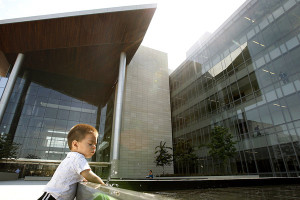Court Delays Hitting Mentally Ill Defendants
Judicial Reporter Offers Stark 2013 Recap
For anyone dealing with rationed justice in 2013, it felt like a nearly constant barrage of bad news. Now Bill Girdner at The Courthouse News offers a year-in-review piece that quickly reminds us why – because it was a barrage of bad news. The story begins with “… it was a news-filled year for the courts in California, as they survived huge budget cuts and walked backwards on transparency and slightly forward on reform as the Legislature told them to open a warren of closed committees.”
He notes the budget cutting and that it was considered a “reprieve” when the governor decided not to cut the budget even more. He even recalls when In “… an old scandal returned as the council over-rode objections from judges and allowed telecommutingby the highly paid mandarins of the Administrative Office of the Courts… in a companion decision, the council voted to take a look at the salaries of those same bureaucrats but later decided that the inquiry should be conducted by the bureaucrats themselves. As the year winds down, the inquiry seems to have stalled.”
In terms of the legal community, it reads less like the summary of a year-in-review and more like an indictment. See the story here.
(Program Note: The CCM will not update tomorrow as we observe the New Year’s holiday)
Heads Up: New Court Committees Target Budget, Access
2014 L.A.S.C. Elections Featuring D.A. Hopefuls
For more about the election, and other candidates, check out the report here.
In Sacramento, New Presiding Judge Confronts ‘Crisis’
Hollywood Screenwriters Couldn’t Make This Story Up
‘Routine’ Bay Area Court Decision Taking Years
Courts Monitor Publisher Participates In New Film
Long Beach Courts Move To New Public-Private Built Building
Check out the story here.
